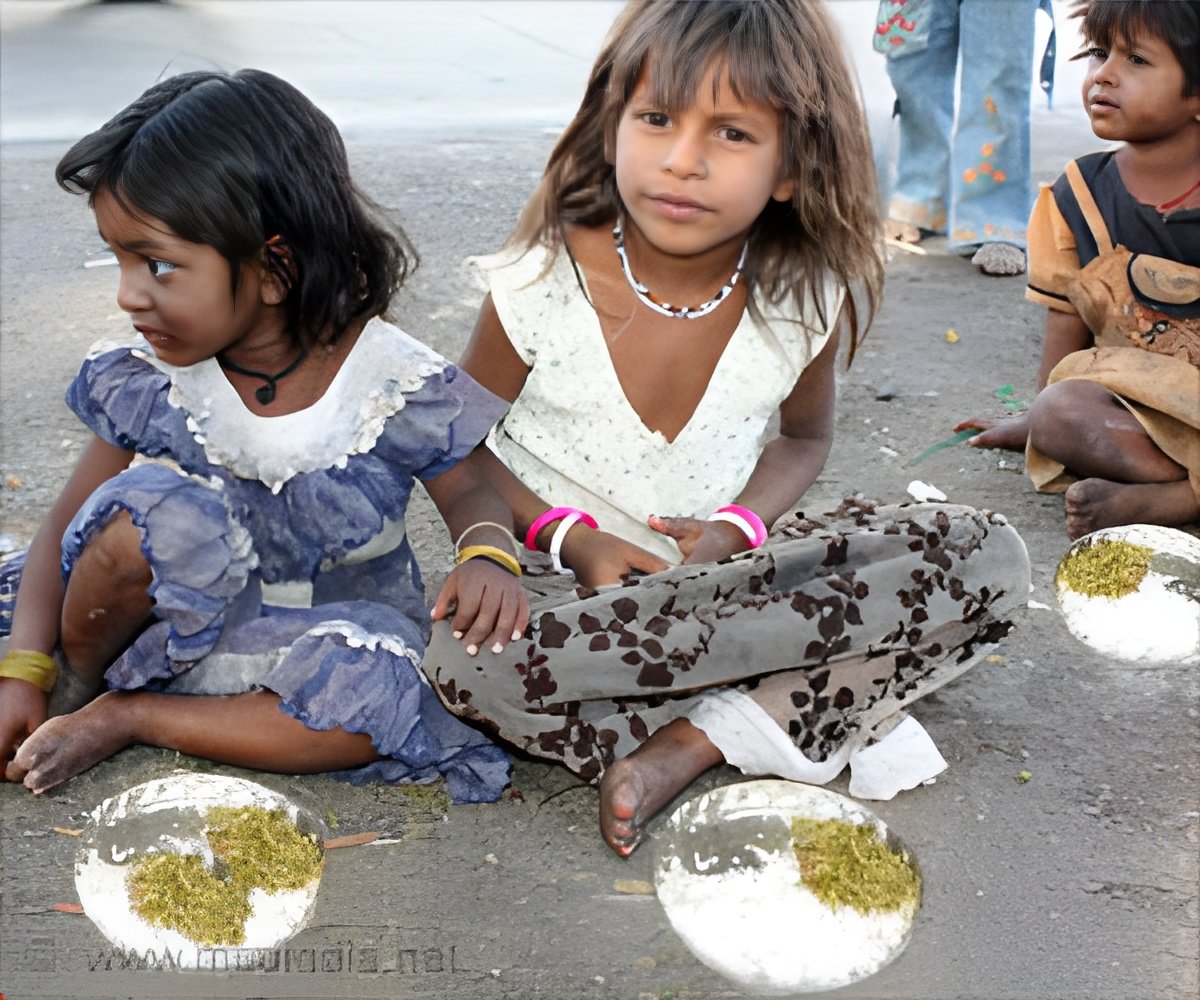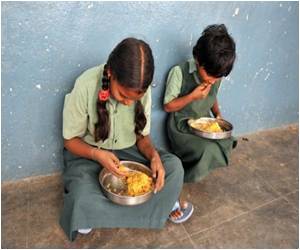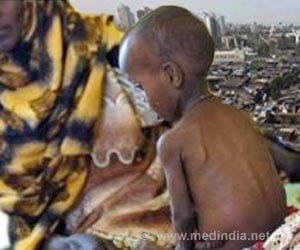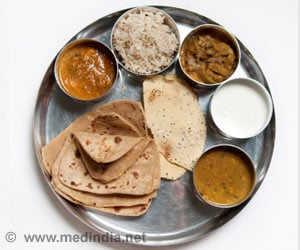India's main program to fight child malnutrition has been hit by budget cuts that make it difficult to pay wages of millions of health workers.

In a rare public criticism of Prime Minister Narendra Modi's policies, India's main program to fight child malnutrition has been hit by budget cuts that make it difficult to pay wages of millions of health workers, a cabinet minister said.
Modi's government in February slashed social sector budgets to boost infrastructure spending in a bid to fasten the pace of economic recovery. States were asked to fill the gap from the larger share of federal taxes they receive from New Delhi.
Maneka Gandhi, the women and child welfare minister who oversees a scheme to feed more than 100 million poor people, said the current budget was only enough to pay salaries of her 2.7 million health workers until January.
She said the February budget cut, which saw her ministry's budget slashed by half to $1.6 billion, had hit her plans to strengthen the fight against malnutrition.
Gandhi said that even before the cuts the food program was in urgent need of modernization, with lax supervision of health workers using training programs not updated in the last four decades and the food on offer she described as "rubbish." She said about half the food was lost due to mismanagement.
Advertisement
Source-Medindia










